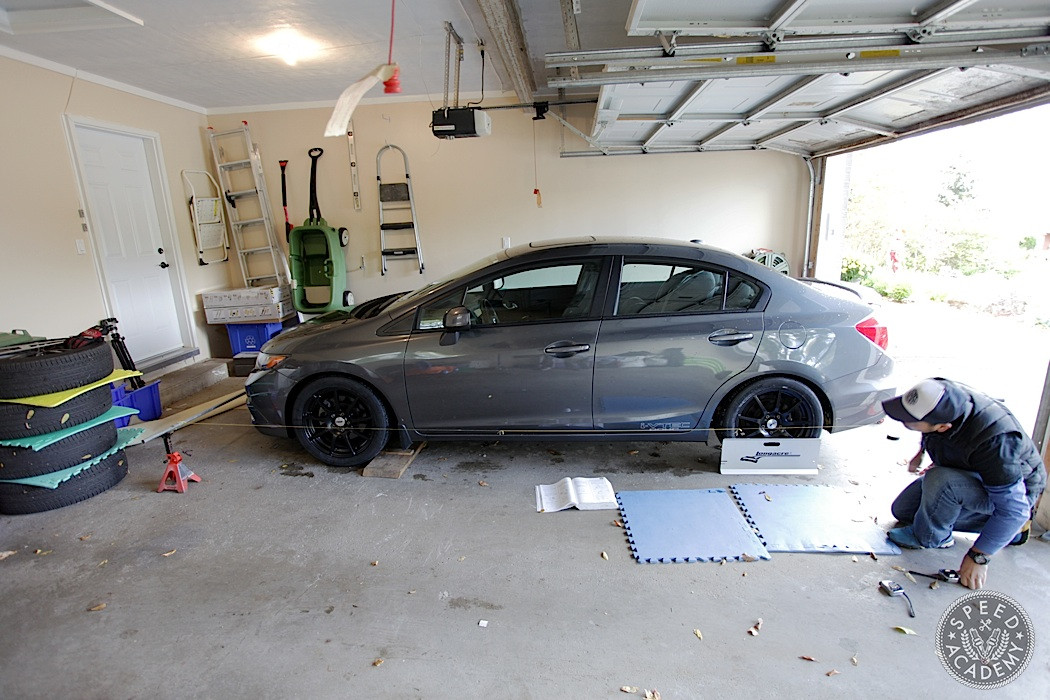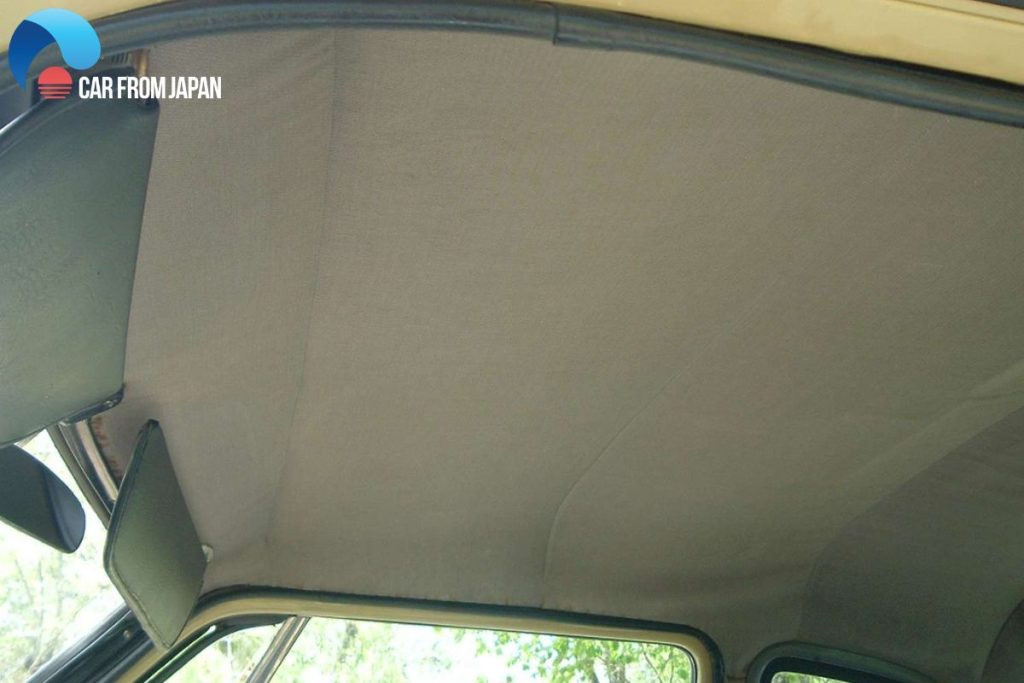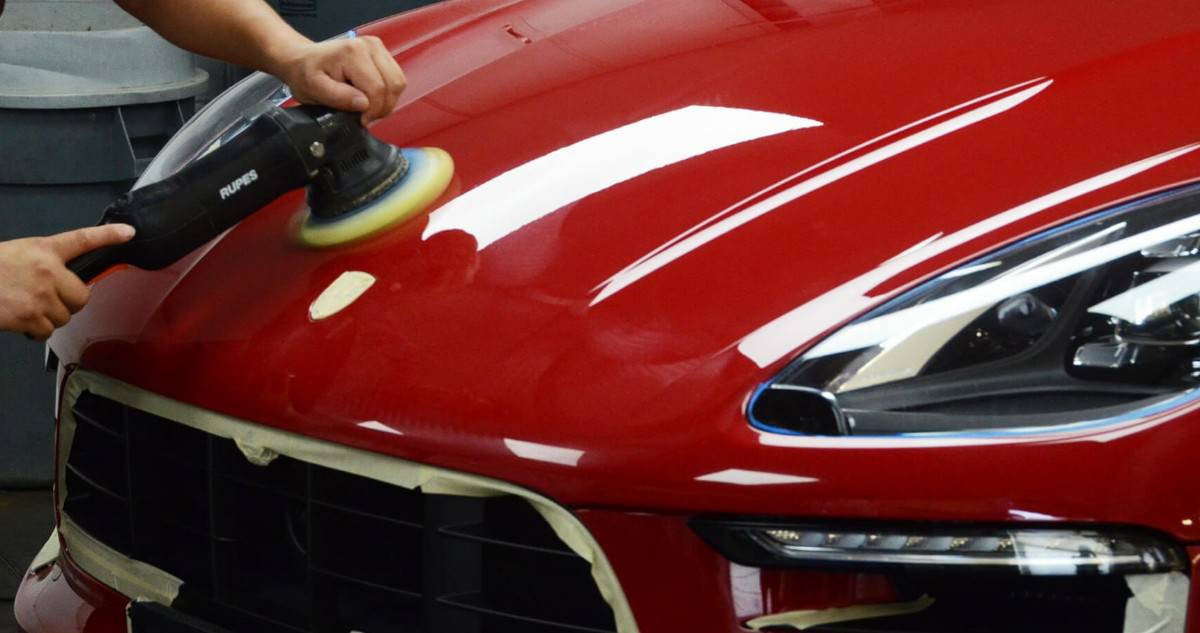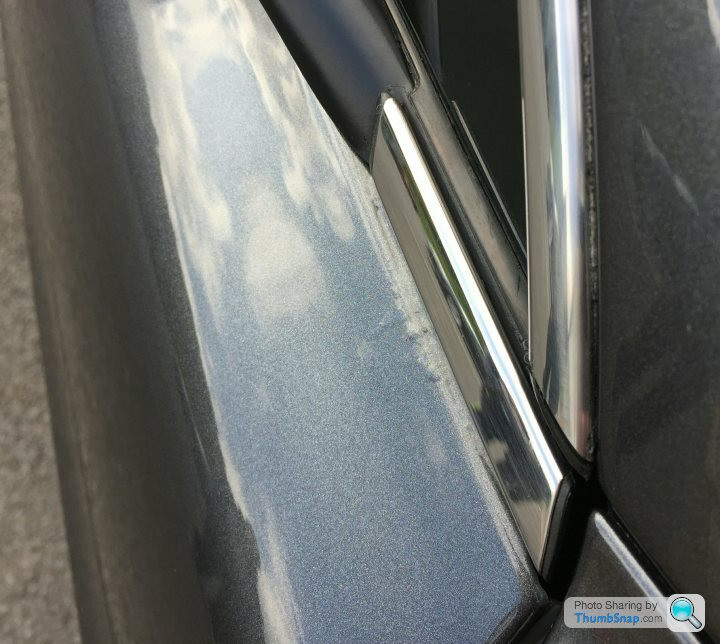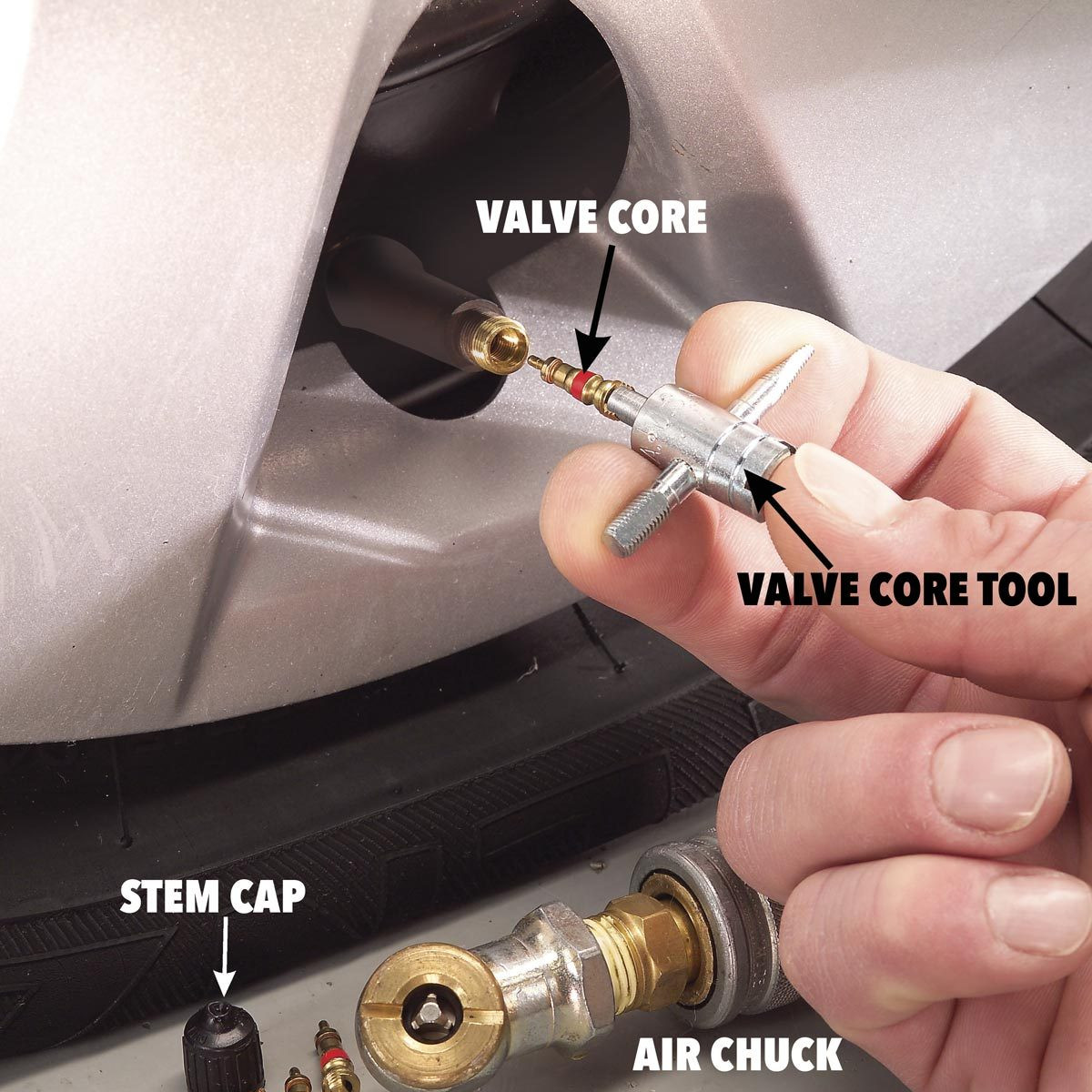How to Fix Overcharged Car AC: Expert Solutions
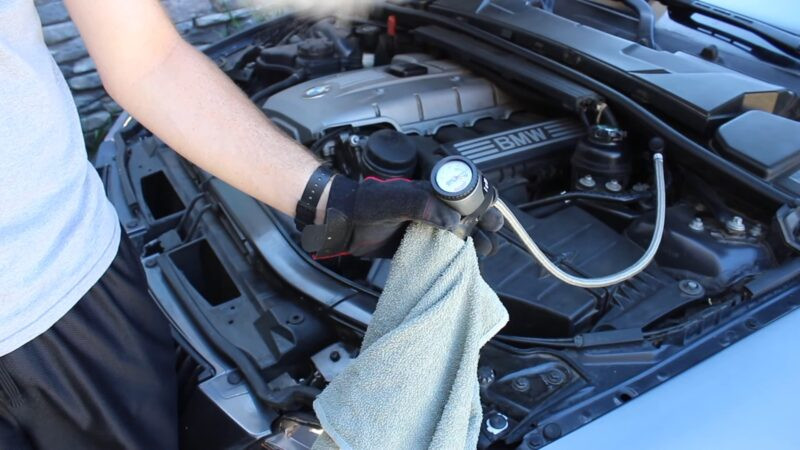
Overcharged car AC systems can lead to discomfort and potential damage. At CARDIAGTECH.NET, we understand the importance of a properly functioning AC system. This guide provides expert advice on how to identify, address, and prevent overcharged car AC units, ensuring your vehicle’s cooling system operates efficiently and effectively. Learn about the best practices for AC maintenance and repair, and discover solutions for common AC problems.
1. Understanding Overcharged ACs in Cars
Young drivers often attempt to add refrigerants to their AC systems, particularly during the warm summer months. This can lead to incidents of overcharged ACs. Fixing an overcharged AC involves understanding the common causes and symptoms.
An overcharged AC typically results from adding too much refrigerant to the system. There’s a misconception that more refrigerant equals better cooling, but this is incorrect. Excess refrigerant can overload the system, leading to poor performance.
Sometimes, the issue isn’t intentional. Faulty gauges on coolant cans can provide inaccurate readings, leading to overcharging. These gauges might display incorrect pressures or freeze up, making it difficult to monitor coolant levels accurately.
The recommended approach is always to have a professional mechanic recharge the car AC. Overcharging can prevent the system from blowing cool air, causing it to release hot air instead.
2. Identifying Symptoms of an Overcharged Car AC
 A mechanic inspecting a car's engine
A mechanic inspecting a car's engine
A properly functioning AC system should activate quickly. If it takes longer than two minutes to start, it could indicate a problem. Before attempting to fix an overcharged AC, verify the issue by checking for these signs:
2.1. Inadequate Cooling
One of the most obvious signs of an overcharged AC is poor cooling performance. The vents might blow only slightly cooler air or even hot air. This inadequate cooling can lead to overheating inside the car.
Inadequate cooling is a primary indicator of an overcharged AC, making it essential to address the issue promptly.
2.2. Compressor Noise or Failure
The AC system cycles compressed liquid coolant into gas and back. When overcharged, the system can’t properly convert the liquid to gas, forcing the compressor to pump liquid coolant. This causes the compressor to work harder, resulting in loud noises or even compressor failure.
While not all motorists experience this noise, some AC systems have emergency structures to prevent pump damage. However, without such systems, the compressor can break down over time.
2.3. Elevated Pressure
Every AC system includes a pressure gauge. An overcharged system will show higher pressures and temperatures than normal. The compressor isn’t designed to handle excess coolant, leading to increased pressure and temperature.
This creates a feedback loop where higher temperatures increase pressure and vice versa. Monitoring the pressure gauge is crucial in identifying an overcharged AC.
2.4. Engine Performance Issues
The compressor draws energy from the engine. When the compressor struggles to compensate for excess coolant, it puts significant pressure on the engine. This can lead to sluggish movement and increased fuel consumption.
Accumulated pressure affects engine performance, making it important to address the AC issue to prevent further problems.
3. How to Fix an Overcharged Car AC System
The best approach for fixing an overcharged AC is to consult a professional mechanic. This ensures the compressor’s longevity, especially if a novice attempted the recharge. Since the problem stems from excess coolant, the solution involves removing some of it.
This is a simplified explanation; the actual procedure is more complex and best left to a professional. However, understanding the steps can help you make informed decisions.
3.1. Professional Mechanic Services
Refrigerant is a hazardous chemical, so it’s best to have a professional remove excess coolant and restore the AC to normal pressure. Specific laws govern the removal of excess coolant due to its dangerous nature.
Mechanics are trained in these best practices, whereas a layperson might not be aware of the necessary precautions. Many people still mistakenly refer to coolant as Freon, which is now illegal and no longer used in AC systems.
3.1.1. Mechanic’s Process for Fixing Overcharged AC
Mechanics use specialized equipment with airtight vacuums and seals to safely bleed coolant from the AC. This equipment ensures the refrigerant is removed without harming the environment.
The process involves attaching the machine to high-pressure and low-pressure ports. The mechanic uses a gauge to determine the amount of coolant based on pressure readings.
The machine runs until the pressure reflects the normal refrigerant level. As pressure decreases, temperature also decreases, reducing the strain on the compressor.
Most mechanics charge between $200 and $300 to recharge AC systems, with slightly lower costs for discharging. The expected cost for discharging an AC system is about $150 – $250. Prices may vary based on the car’s make, model, and year.
Hiring a professional ensures the job is done safely and legally, preventing potential health and environmental risks.
3.2. DIY Options: Are They Feasible?
There are virtually no legal DIY options for discharging a car AC due to the regulations surrounding the removal and disposal of harmful chemical coolants. Proper certification is required to legally drain excess coolant from an AC system.
Attempting the procedure without certification is dangerous and illegal. Prioritize professional service to ensure safety and compliance.
4. Causes of Overcharged AC in Cars
Alt: A car AC pressure gauge showing high readings, indicating an overcharged system and potential need for repair.
An overcharged car AC results from improperly adding coolant. Coolant recharges the AC system, but its misuse by non-professionals often leads to overcharging.
4.1. Faulty Gauges on Store-Bought Coolant
Non-professionals often use cheaper coolants with faulty gauges. This increases the likelihood of adding more coolant than the system can handle.
Using a reliable gauge is crucial to prevent overcharging. Inaccurate gauges can lead to significant errors in coolant levels.
4.2. Lack of Knowledge on Coolant Amounts
Motorists might add too much coolant because they don’t know the specific amount their car requires. Watching online videos isn’t a substitute for professional knowledge.
Understanding the correct coolant capacity for your car is essential to prevent overcharging. Consult your car’s manual or a professional mechanic for accurate information.
4.3. Using the Wrong Coolant
Not all coolants are the same. Some are ineffective, and most cars require specific coolants. Introducing the wrong refrigerant can also lead to an AC overcharge.
Using the correct coolant is crucial for maintaining the AC system’s health and preventing overcharging. Always check your car’s specifications before adding any refrigerant.
5. Preventing Overcharged AC Systems
The best way to prevent overcharging is to have a professional mechanic handle the AC recharge. However, if that isn’t possible, consider these tips:
5.1. Invest in a Reliable Gauge
Most coolants come with an attached gauge. Ensure you’re using a high-quality gauge from a dependable brand to avoid overcharging.
Research and test the gauge to ensure it accurately measures the system’s pressure before adding any coolant.
5.2. Know Your Car’s Specifications
Understand which coolants work best for your vehicle. Consult the car manual for guidance and note the proper coolant measurements.
Knowing your car’s specifications prevents the use of incompatible coolants and ensures the correct amount is added.
5.3. Choose Professional Service
This is the safest and most recommended option. Home accidents can happen, especially with dangerous chemicals like coolants.
Let a professional handle the job with their technical expertise and specialized equipment.
6. Do’s and Don’ts for Car AC Maintenance
To maintain your car’s AC system effectively, follow these guidelines:
Do’s
- Take your car to a mechanic to fix an overcharged AC.
- Learn more about your vehicle before attempting to recharge its AC.
- Use reliable gauges when adding coolant at home.
Don’ts
- Attempt to discharge AC at home.
- Handle coolant without safety gear.
- Handle coolant at all if possible.
- Use incorrect coolant in your AC system.
7. Frequently Asked Questions (FAQs)
7.1. Can an Overcharged AC Cause Freezing?
Freezing is typically related to refrigerant leaks rather than overcharging. Leaks can cause temperature drops, leading to freezing.
7.2. How Can I Test My Car AC Compressor?
Turn on the car, put it in park, and engage the emergency brake. Activate the AC and connect a pressure gauge to the low side of the compressor. Add a small amount of coolant. If you hear a click and humming, the compressor is working. The gauge should read around 38 PSI.
7.3. What Causes Compressor Icing?
Too much or too little refrigerant can cause ice buildup, damaging the compressor. Both overcharging and undercharging can lead to this issue.
7.4. Will an AC Fan Run with a Bad Compressor?
Yes, the AC fan will run even if the compressor is not functioning.
7.5. What PSI Should My Car AC Be?
Readings vary with outside temperature. Ideally, the low side should be about 30 PSI at 90 degrees Fahrenheit, and the high side should be twice the room temperature plus 50 PSI.
7.6. How Can I Improve AC Performance?
Here are a few tips to increase the car AC performance:
- Change the filter regularly and keep it clean.
- Ensure that the refrigerant is adequately topped up and not leaking
- Do not start the AC until you start driving.
7.7. How Can I Prevent Overcharging My Car’s AC System?
To prevent overcharging your car’s AC system, you should:
- Take your car to a professional mechanic for AC recharging
- Use a reliable gauge if recharging at home
- Research and use the correct type of refrigerant for your car
- Learn about your car’s specific AC system requirements from the owner’s manual or a certified mechanic
7.8. Can an Overcharged AC Cause My Car’s Engine to Fail?
An overcharged AC can strain the engine, leading to performance issues and increased fuel consumption. Engine failure is unlikely unless the problem is ignored for a long time.
7.9. Is It Safe to Discharge My Car’s Overcharged AC at Home?
No, it is not recommended. Discharging an overcharged AC at home is dangerous and potentially illegal without proper certification. Always consult a professional mechanic.
8. Conclusion: Prioritize Professional AC Service
Alt: A professional mechanic using diagnostic tools to inspect and fix an overcharged AC system, ensuring optimal performance.
Adding too much coolant to a car AC won’t enhance cooling; it causes issues like poor or hot air circulation. Coolants are hazardous chemicals and should be handled with care by professionals. Removing excess coolant requires specialized knowledge and equipment, making DIY attempts risky and illegal.
While purchasing and adding coolants at home is straightforward, removing them requires certified professionals. This is due to the potential health and environmental hazards. Ensure your AC system operates effectively and safely by seeking expert advice and service.
Is your car AC acting up? Don’t risk a DIY fix! Contact CARDIAGTECH.NET at +1 (641) 206-8880 for expert advice and solutions. Our team of certified professionals is ready to diagnose and repair your AC system, ensuring optimal performance and safety. Visit our website at CARDIAGTECH.NET or stop by our location at 276 Reock St, City of Orange, NJ 07050, United States, and let us help you stay cool on the road. Let us help you to choose suitable tools and equipment for your repair needs.
For more maintenance and repair tips, check our maintenance repair tips!
CARDIAGTECH.NET: Your trusted partner for car AC maintenance and repair.



